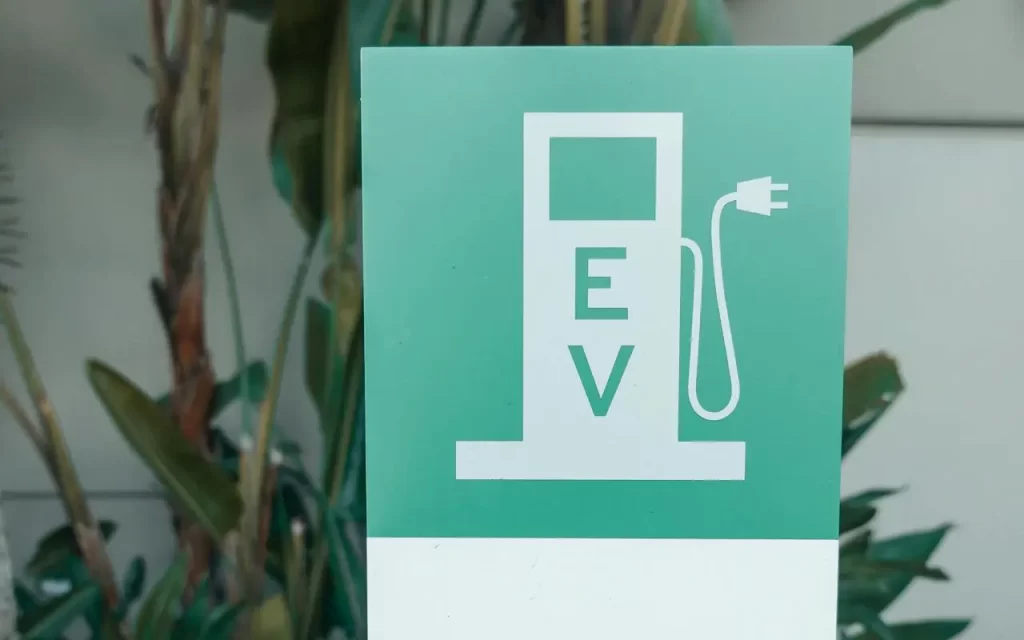
No, not all EV Charging Stations are the same. There are several factors that differentiate one EV Charging Station from another, including the power output, charging speed, connectivity, the type of connector used, and whether they are fixed or mobile.
Firstly
The power output of an EV Charging Station is a crucial factor that influences the charging speed. For instance, a Level 1 EV Charging Station, which typically uses a 120-volt AC plug, delivers about 2-5 miles of range per hour. This makes it suitable for overnight charging at home or for vehicles that aren’t driven much.
On the other hand, a Level 2 EV Charging Station uses a 240-volt AC plug and can provide 10-60 miles of range per hour. These are commonly found in public charging stations, workplaces, and homes where faster charging is required.
Then there are DC fast-charging stations, also known as Level 3 EV Charging Stations. These are high-powered units that can replenish an EV battery to 80% in just 20-30 minutes. However, not all electric vehicles can handle this level of power, so it’s important to check the vehicle’s specifications.
Secondly
The type of connector used by the EV Charging Station is another differentiating factor. While some connectors are universal, others are specific to certain vehicle models or manufacturers. The most common types are the J1772 plug for Level 1 and 2 AC charging, and the CCS and CHAdeMO plugs for DC fast charging.
Thirdly
EV Charging Stations can either be fixed or mobile. Fixed stations are typically installed in homes, workplaces, or public locations and are connected to the electrical grid. Mobile EV Charging Stations, on the other hand, are equipped with wheels and can be moved and positioned as needed. These mobile stations can be remotely controlled and offer a flexible charging solution, especially in commercial settings like parking lots or events where charging needs may vary.
Lastly
Some EV Charging Stations offer smart features like app connectivity for remote control and monitoring, while others are more basic.
In conclusion, while all EV Charging Stations serve the same basic function of powering electric vehicles, their specifications and capabilities can vary significantly to cater to different needs and situations.





